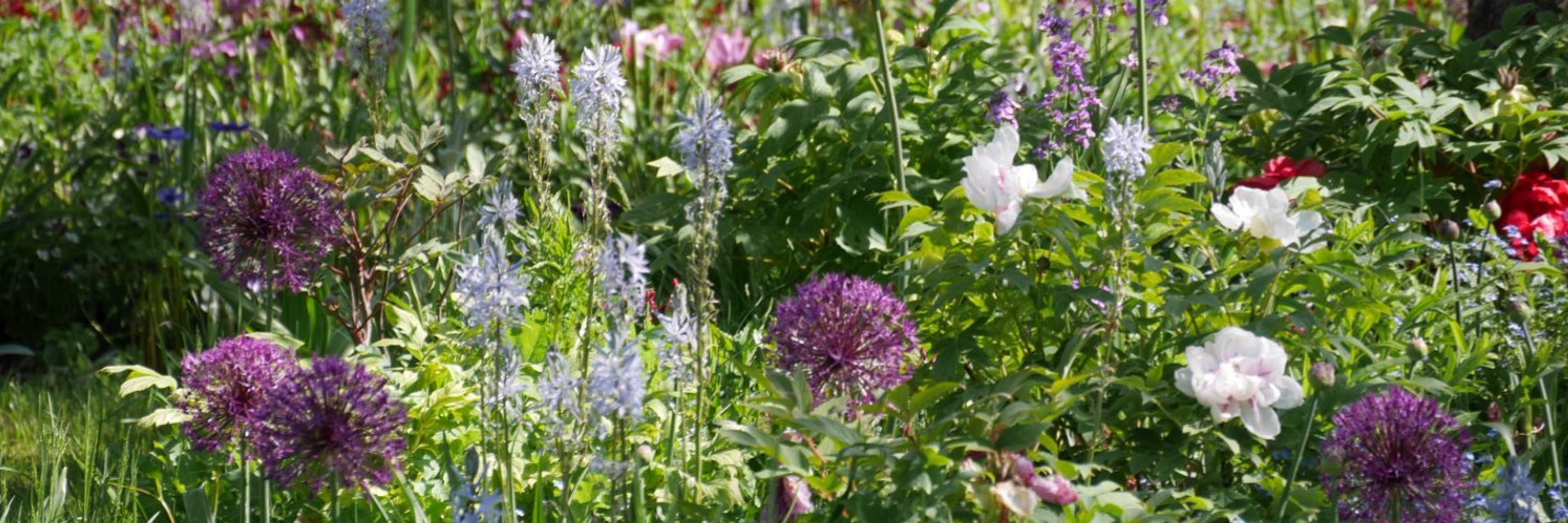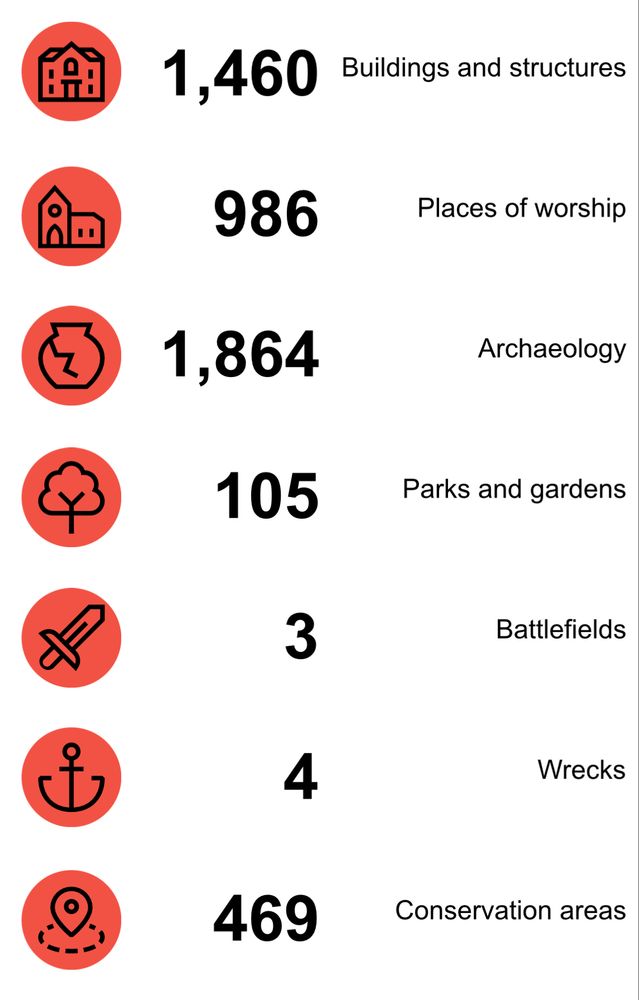
Gardens, Heritage & Planning
@gardenheritage.bsky.social
110 followers
14 following
150 posts
Parks and gardens, heritage, planning, heritage and planning, heritage and planning and parks and gardens... that sort of thing. There’s also a blog, if you’re interested: https://gardensheritageandplanning.com.
Posts
Media
Videos
Starter Packs
#OnThisDay in London radical history, 1549, boisterous Londoners demolish gardens built by rich folk on 'suburban common fields' outside the walls of the City,: probably on Moorfields or Finsbury Fields, open spaces with a tradition of such demolitions.
wp.me/p74yfw-Fe

Today in London radical history, 1549: Londoners demolish rich folk’s gardens in ‘suburban common fields’
“Before this time the inhabitants of the towns about London, ‘Iseldon’, Hoxton, Shoresditch, and others, had so inclosed the common fields with hedges and ditches, that neither the young men of the…
wp.me






































